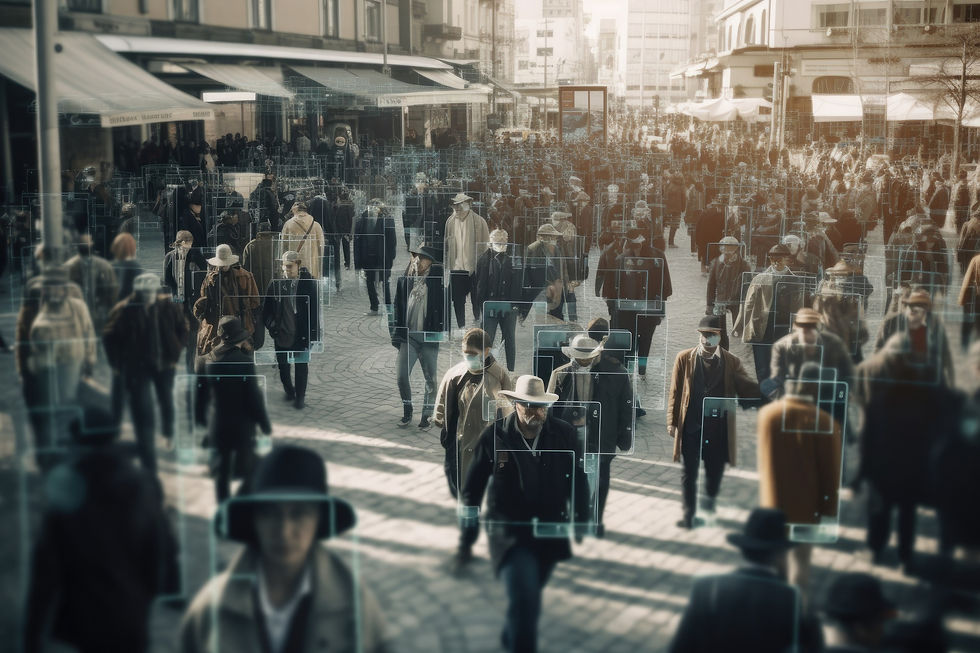Explore Ethics and Morality in an AI-driven World with These 8 Dystopian Novels
- Jul 31, 2023
- 2 min read
Updated: Sep 21, 2023
Are you fascinated by the possibilities and challenges presented by artificial intelligence? Dive into the captivating world of dystopian future literature that explores the ethical and moral implications of AI. These thought-provoking novels not only entertain but also shed light on the potential consequences of advanced technology.
"Nineteen Eighty-Four"
by George Orwell
Orwell's classic masterpiece paints a haunting picture of a society dominated by an all-seeing government. Explore themes of surveillance, censorship, and the power of manipulation, provoking reflections on the ethical use of AI in monitoring and controlling individuals.
"Fahrenheit 451"
by Ray Bradbury
In Bradbury's dystopian vision, books are outlawed, and critical thinking is discouraged. Delve into the consequences of censorship and the importance of preserving intellectual freedom, prompting us to question how AI influences information access and the freedom of expression.
"The Handmaid's Tale"
by Margaret Atwood
Atwood's novel depicts a world where women are oppressed and reduced to reproductive vessels. Reflect on gender dynamics and the ethical implications of using AI in reproductive technologies, raising questions about autonomy, consent, and the commodification of life.
"Brave New World"
by Aldous Huxley
Huxley's iconic work presents a society where happiness is prioritized over individuality and critical thinking. Examine the consequences of a highly controlled and consumer-driven society, encouraging us to contemplate the ethical implications of using AI to manipulate emotions and shape human behavior.
"Do Androids Dream of Electric Sheep?"
by Philip K. Dick
Dick's visionary novel raises questions about the nature of humanity and the ethics of creating intelligent artificial beings. Engage in reflections on empathy, identity, and the moral responsibilities associated with AI development and its impact on society.
"The Drowned World"
by J.G. Ballard
Ballard's climate fiction explores a world ravaged by global warming, where humanity confronts its own demise. Reflect on the ethical implications of environmental degradation and the responsibility of AI in addressing ecological challenges.
"Never Let Me Go"
by Kazuo Ishiguro
Ishiguro's haunting novel delves into the moral dilemmas surrounding human cloning and the value of life. Engage in ethical reflections on the use of AI in genetic engineering, organ transplantation, and the boundaries of human experimentation.
"We"
by Yevgeny Zamyatin
Zamyatin's dystopian classic offers a critique of conformity and the suppression of individuality. Contemplate the ethical considerations of using AI to shape societal norms, control personal freedoms, and the importance of maintaining human agency.
These ten dystopian future books provide valuable insights into the ethical and moral implications of AI in society. They challenge us to examine the potential consequences of AI technology and its impact on our values, freedoms, and human experiences.












Comments